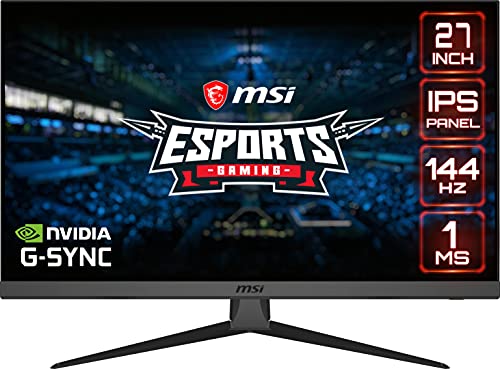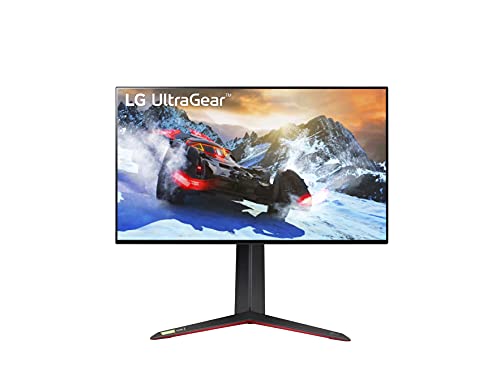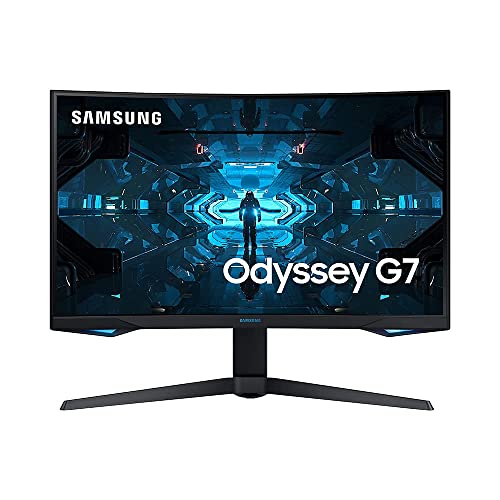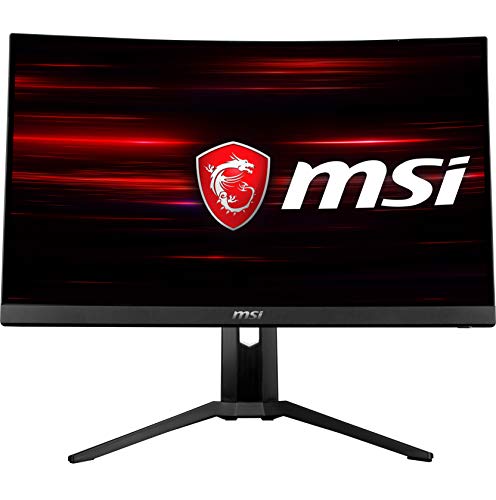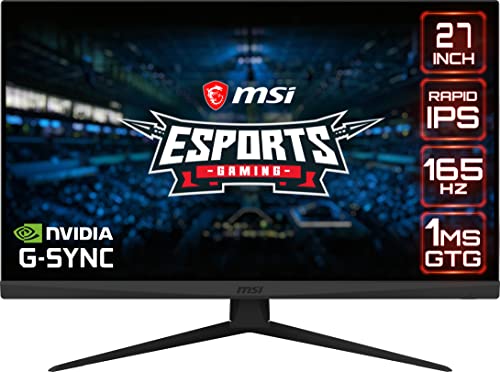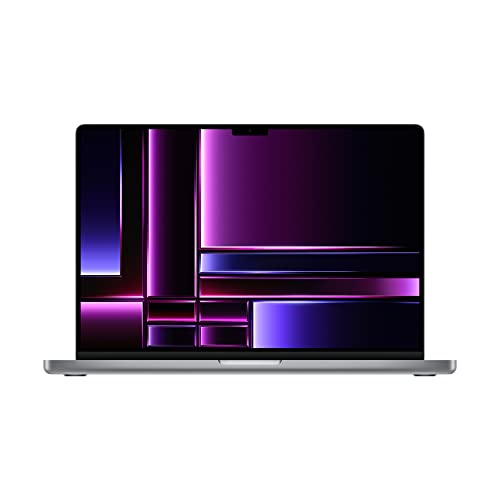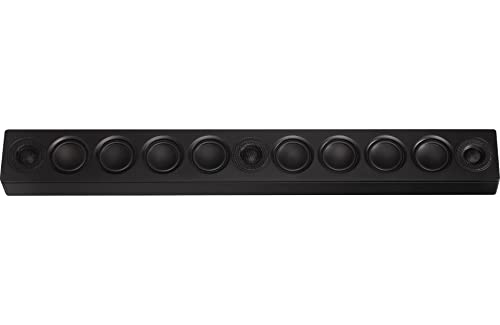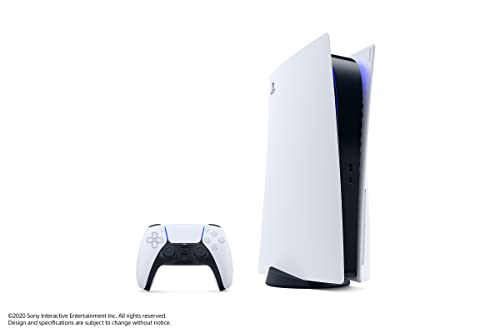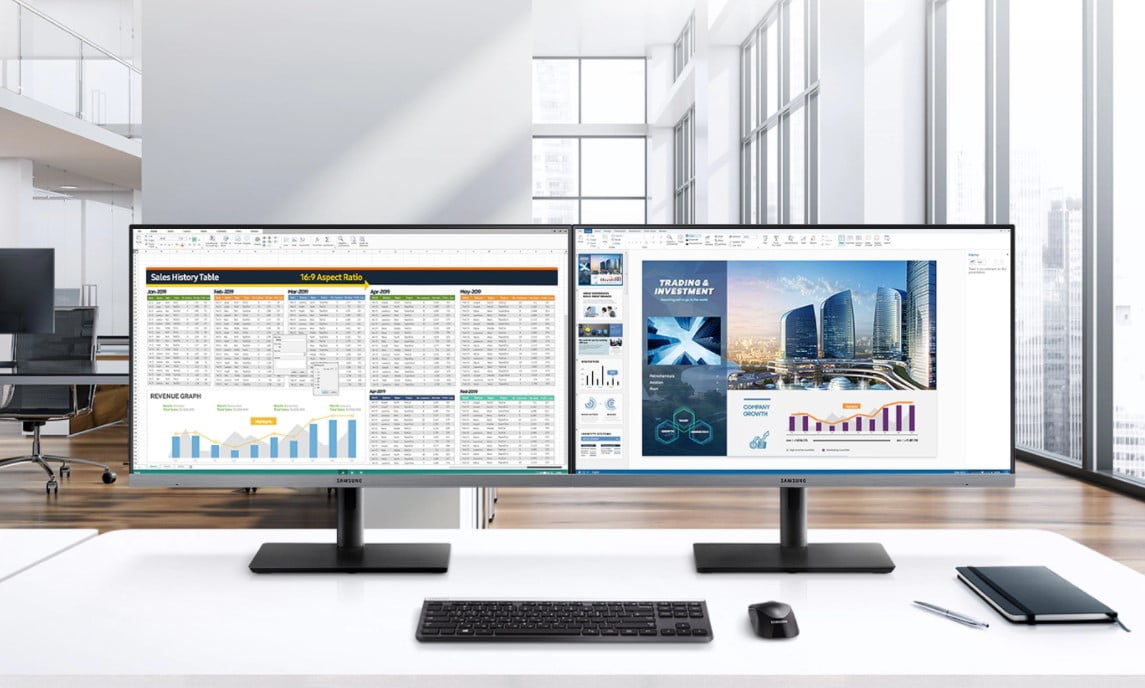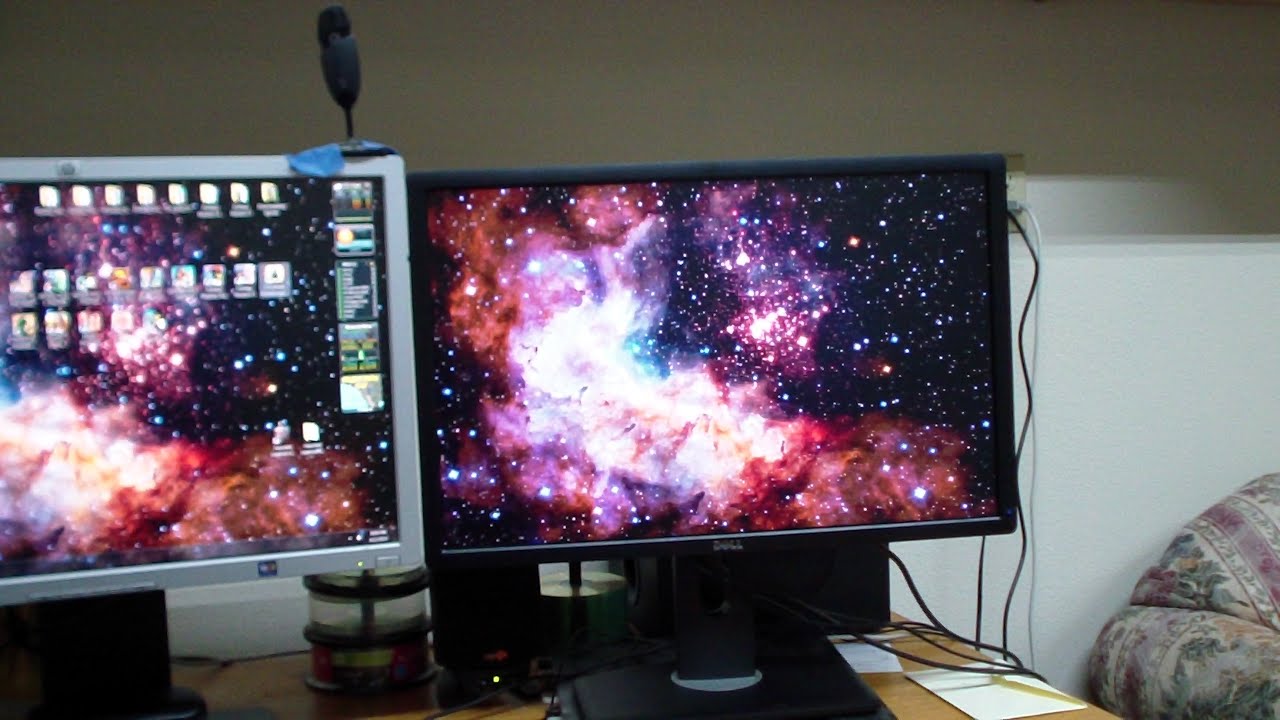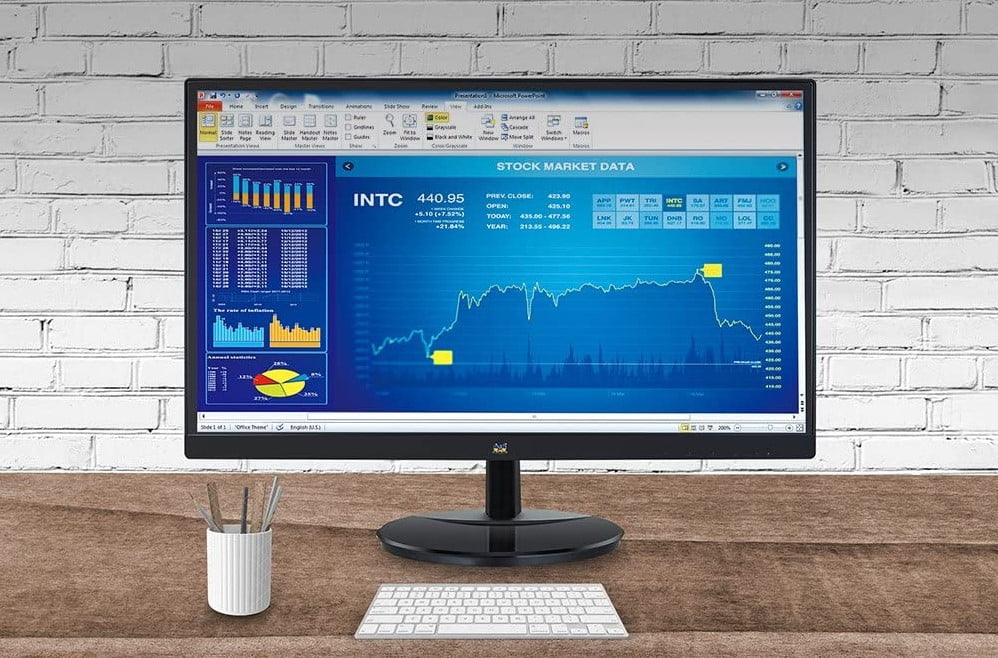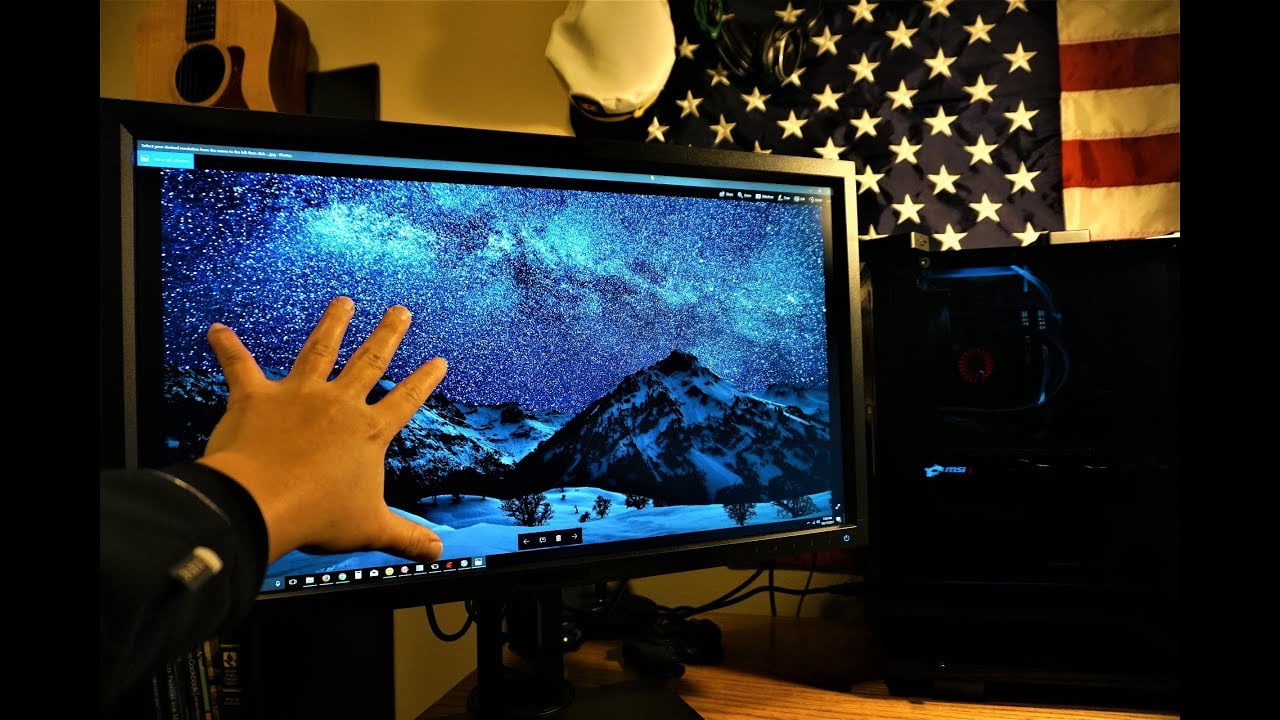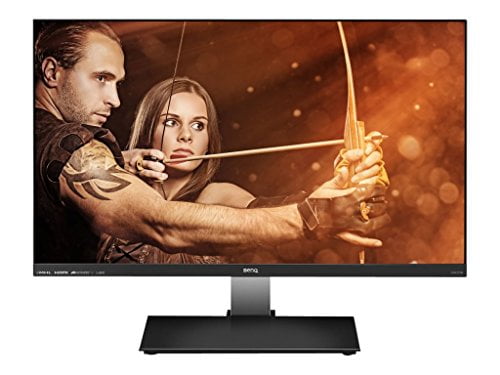If you have been shopping around for a brand new gaming monitor, you may have noticed that there are several different types available, including QHD. What is QHD on a gaming monitor and why could it be beneficial? Keep reading to find out.
KEY TAKEAWAYS:
- QHD stands for quad high-definition, though it is usually referred to as 2K.
- QHD monitors are also called 1440p monitors, as they feature a display resolution of 2560 x 1440.
- These monitors will offer sharper visuals than standard 1080p Full HD screens.
What is QHD?
QHD is a relatively common resolution type for computer monitors. It stands for quad high-definition, though it is more commonly referred to as 2K resolution. This display resolution measures 2560 x 1440 pixels, so QHD (1440p) monitors boast many more pixels than even 1080p monitors. Compare that with a NANO IPS display that provides a crisp display and faster response time.
Warning
When QHD displays are attached to a laptop they will draw a heck of a lot of energy from the battery.
Why Choose a 1440p Monitor for Gaming?
There are some key benefits to going with a 1440p monitor for playing graphically intensive computer games. Here are just a few.
Sharper Image Quality
The best reason to go with a QHD monitor over an FHD (Full HD) display is the former will offer a much sharper image quality. The increased number of pixels available translates to more detail as you play your favorite games. Those extra pixels could increase immersion and become the deciding factor regarding a win or a loss during competitive online gameplay. The downside here is portable gaming. When QHD displays are attached to a laptop they will draw a heck of a lot of energy from the battery. Keep that in mind before you buy a QHD-enabled laptop.
Insider Tip
The best reason to go with a QHD monitor over an FHD (Full HD) display is the former will offer a much sharper image quality.
Good for Large Screens
Before you select a gaming monitor, you’ll want the right monitor size that the pro gamers use, especially if you’re a competitive player. The resolution stays the same on most monitors even as the screen increases in size. This means that when you get to larger-than-average display sizes, you will start to notice individual pixels during gameplay. This can be frustrating, though can be avoided by going with a QHD monitor. The higher number of pixels will allow you to choose large monitors without any fears of being able to see singular pixels. For the possibility of seeing variations of every single color on your screen, choose the sRGB option on your monitor.
Relatively Inexpensive
QHD monitors tend to be budget-friendly when compared to pricier 4K and 8K displays. They may end up being slightly more expensive than 1080p or even 720p monitors, but the price differences have begun to shrink in recent years. It will take several more years, perhaps even longer, for 4K and 8K gaming monitors to decrease in price to where QHD monitors currently stand. In other words, they are future-proof for a few more years to come.
Insider Tip
QHD monitors tend to be budget-friendly when compared to pricier 4K and 8K displays.
F.A.Q.
Does resolution matter?
It matters up to a point. You want a high enough resolution that you can become truly immersed in the game you are playing.
Do QHD screens suffer from lag or low refresh rates?
This will depend on the monitor itself, your PC, what game you are running, and whatever settings you have enabled. If your graphics card is not up to snuff, then you could experience some lag during gameplay.
What is the difference between QHD and UHD?
The difference between QHD and UHD is the resolution. QHD monitors feature a display resolution of 2560 x 1440. UHD, on the other hand, can display 3840 x 2160. Both monitors typically boast a 16:9 aspect ratio.
STAT: QHD resolution allows you to see up to 77% more on-screen game content in incredible detail compared to Full HD resolution. (source)

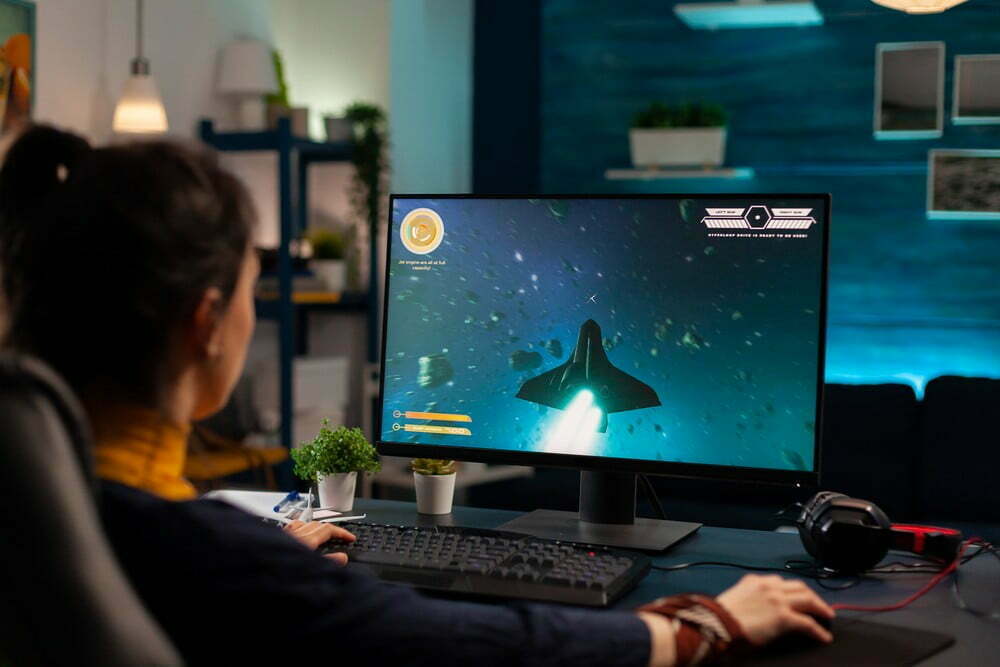













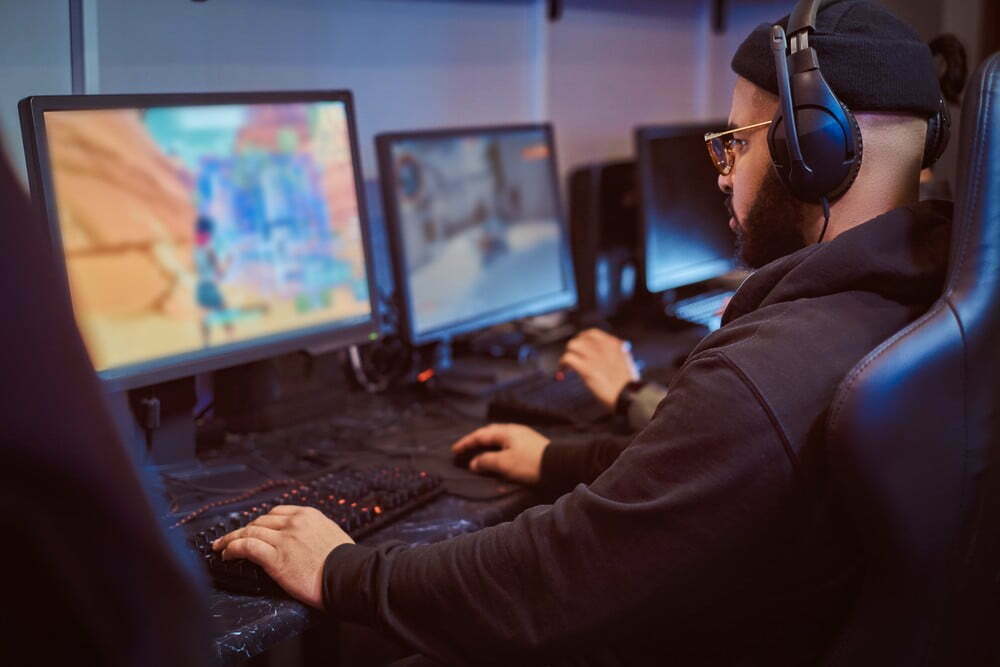
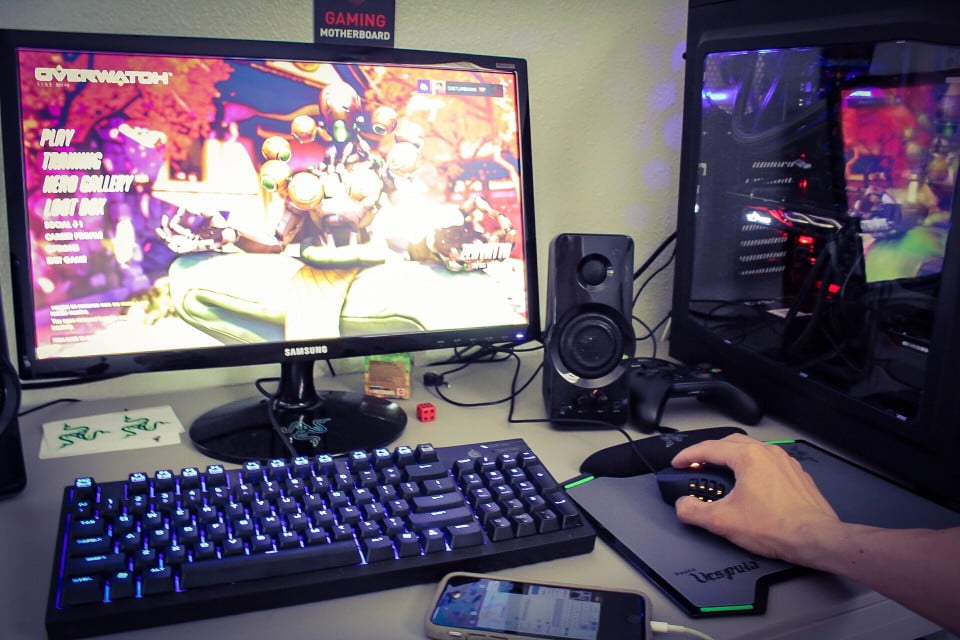
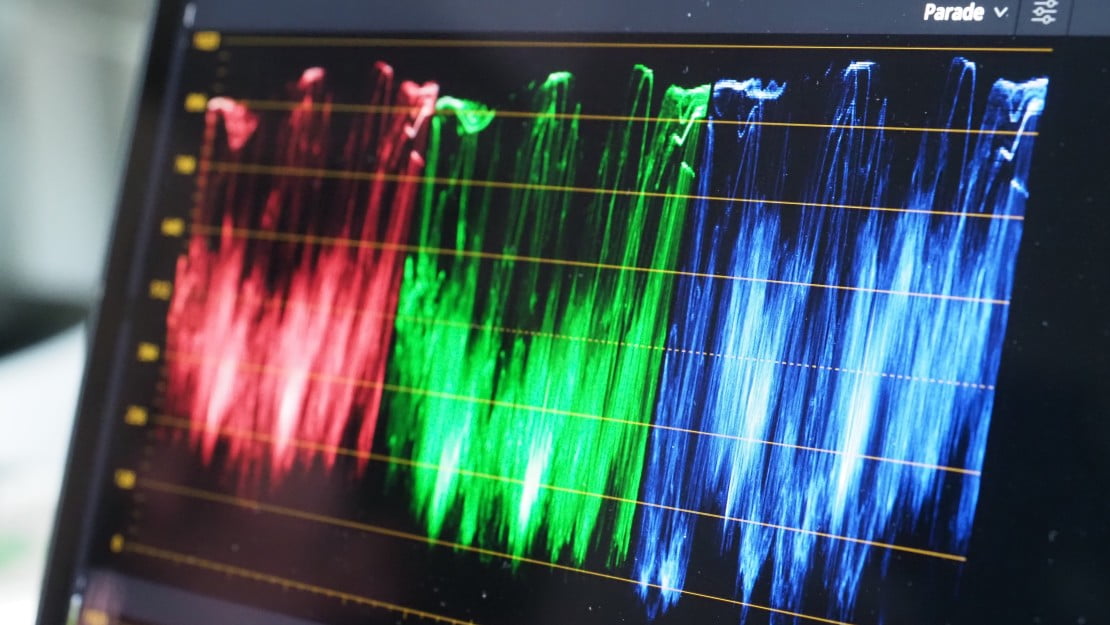
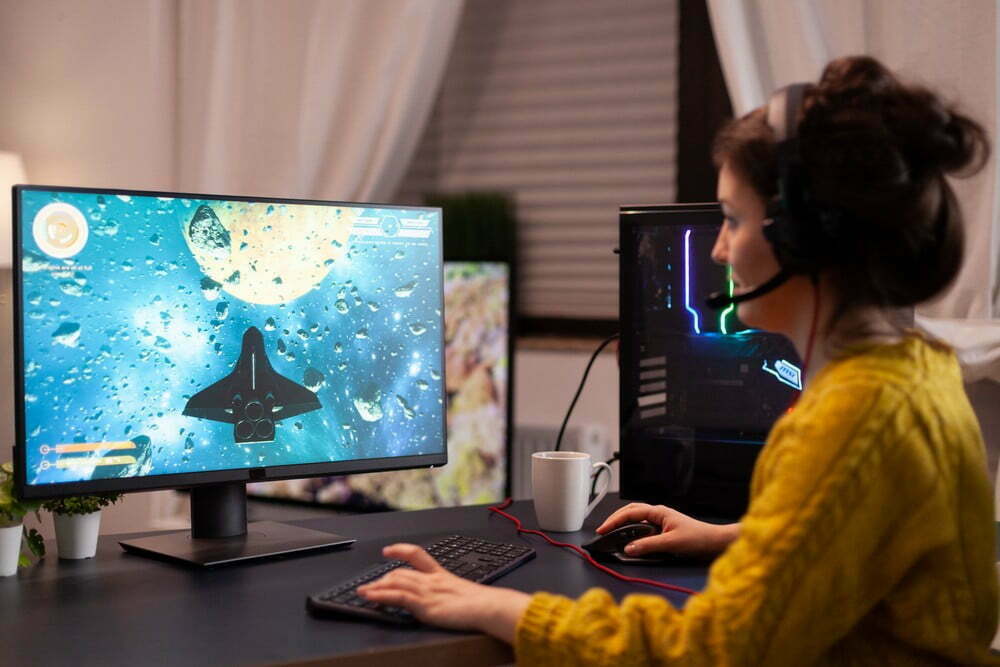
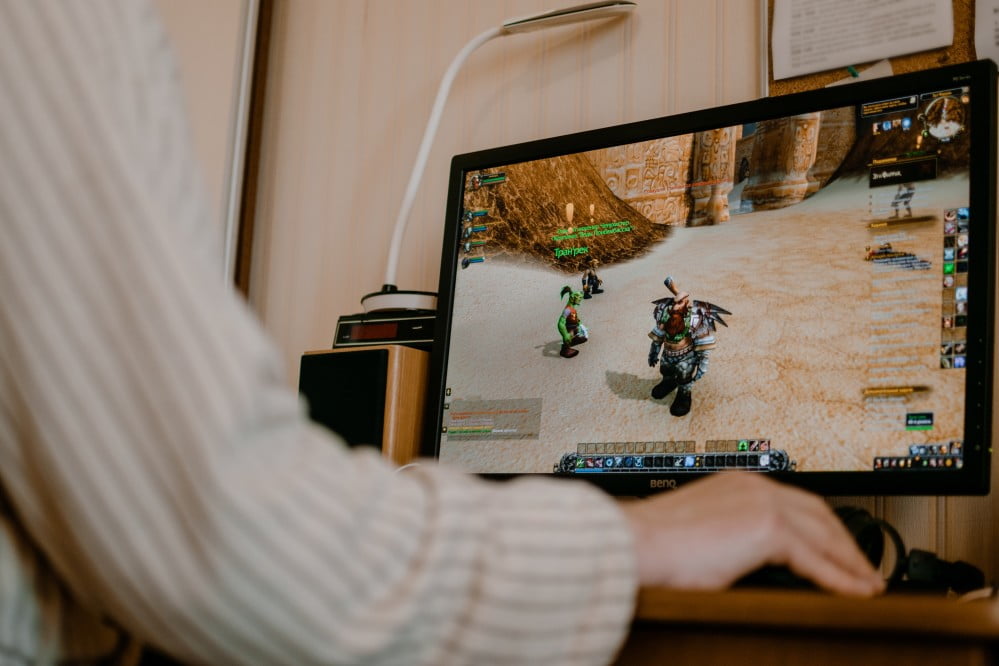
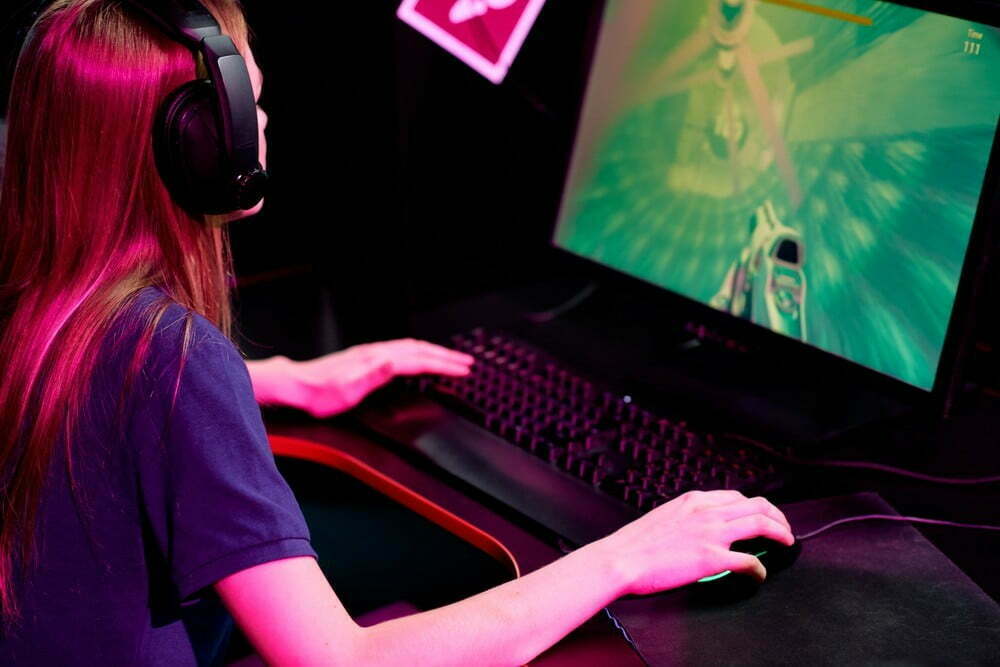

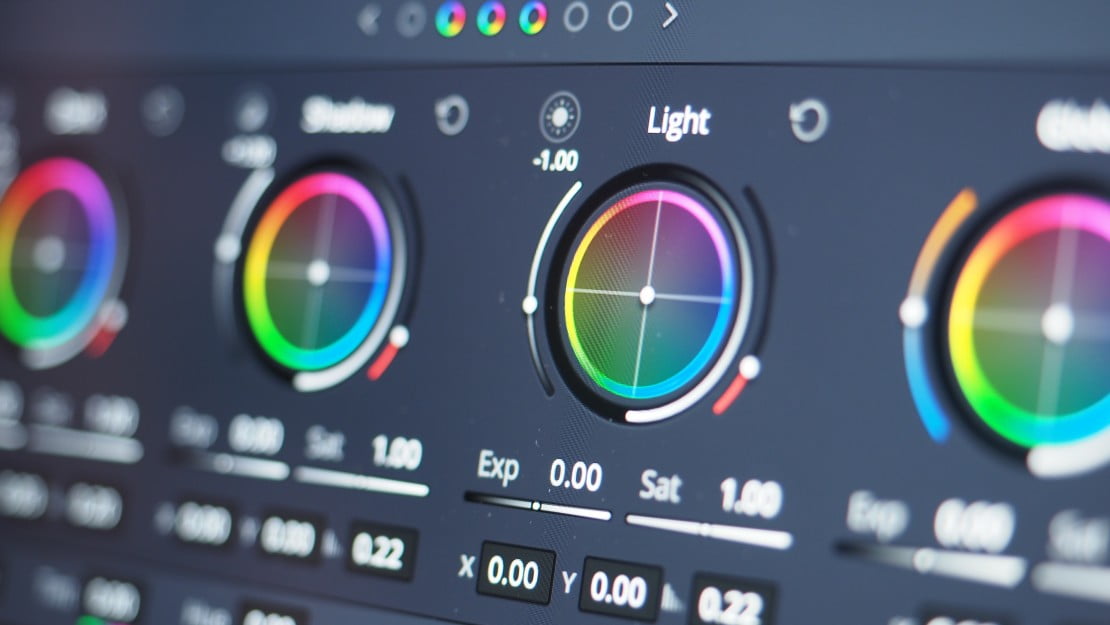

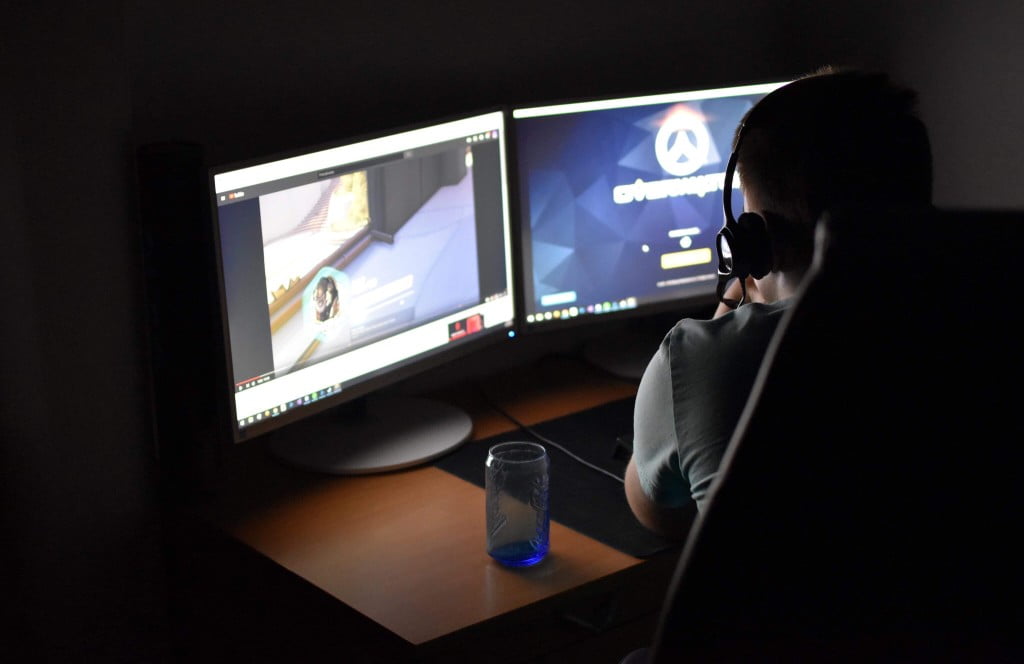
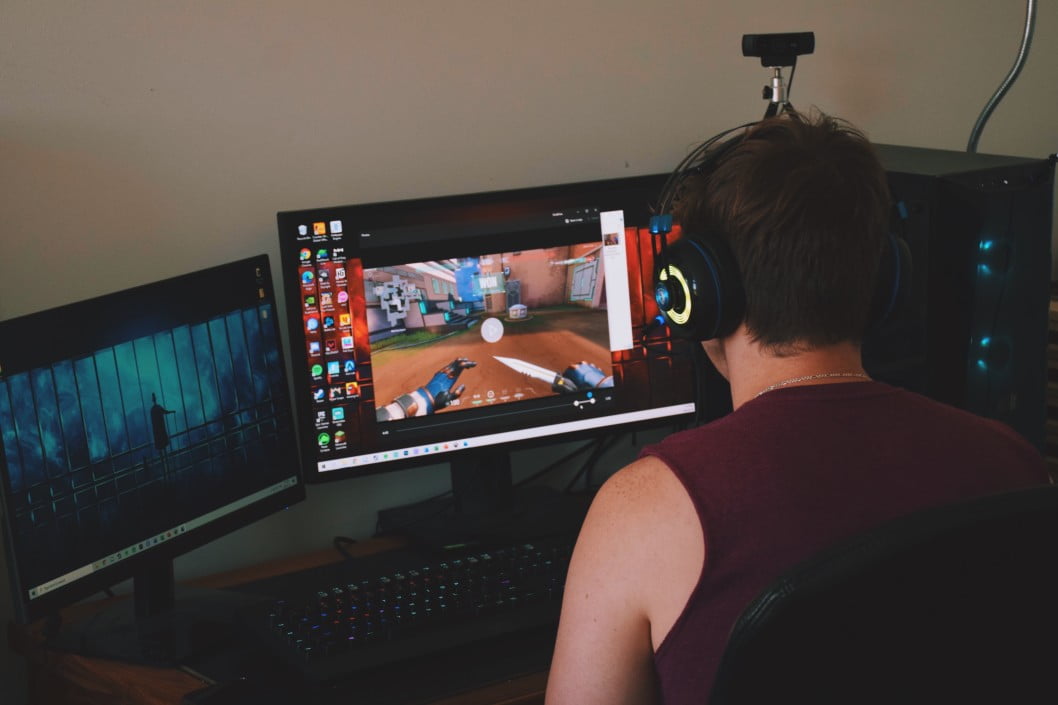
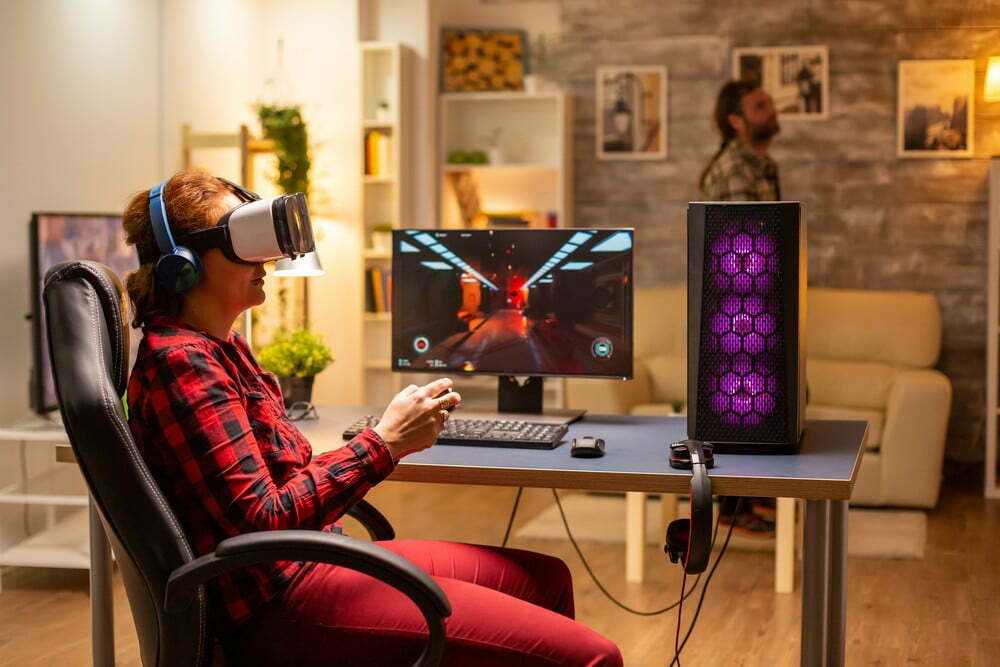
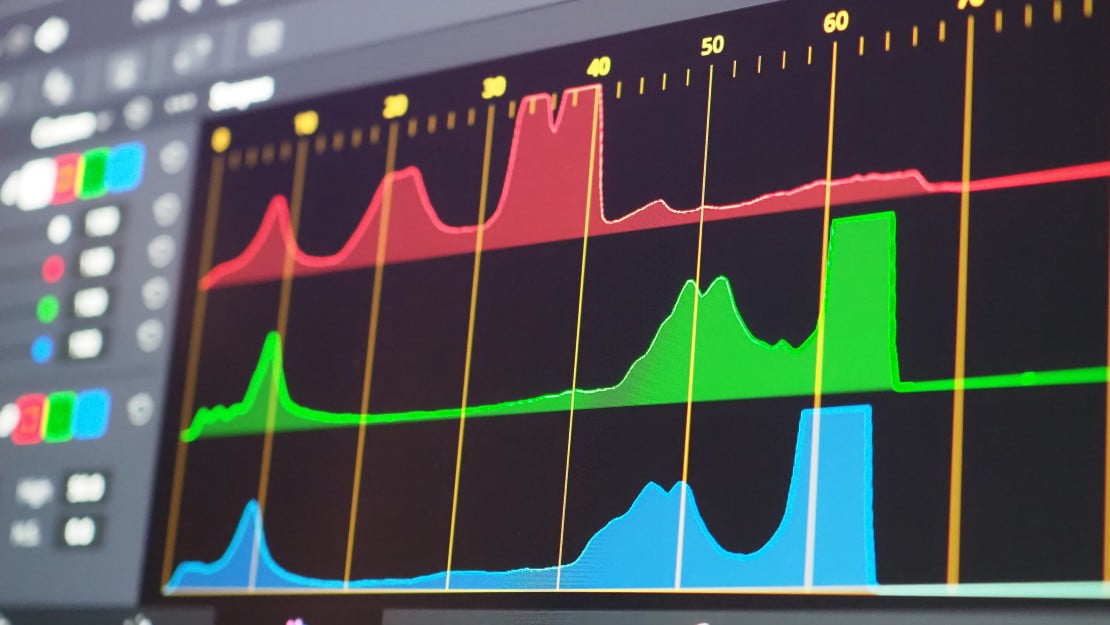

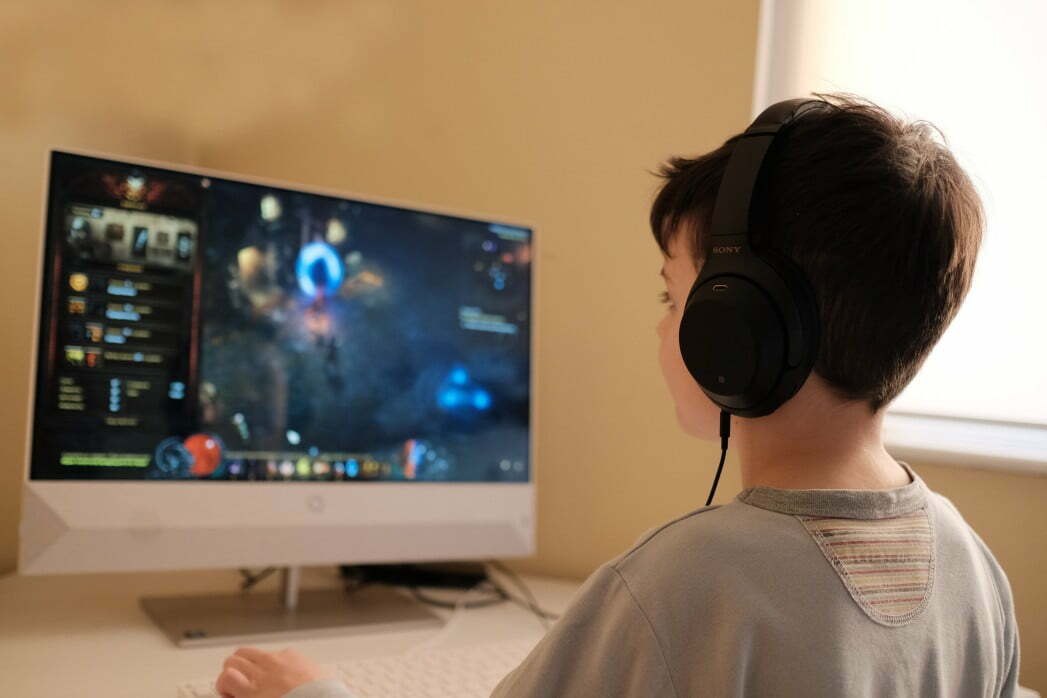
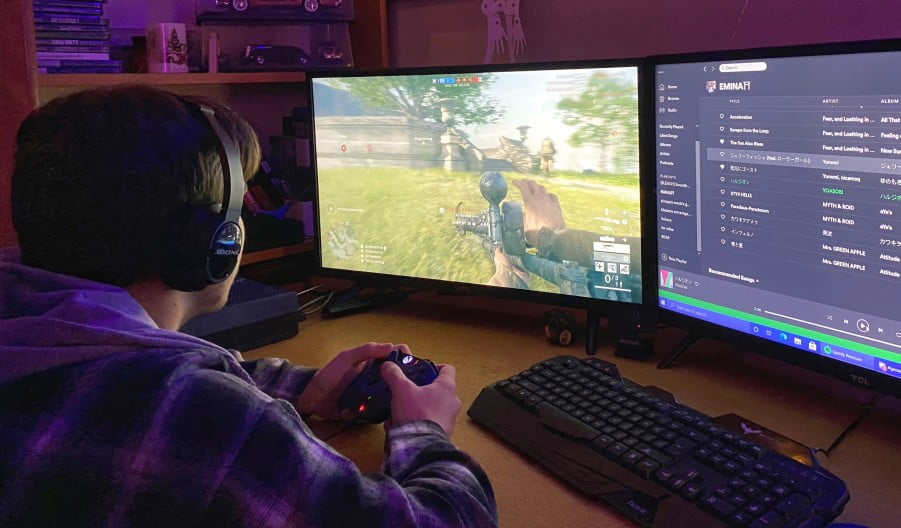
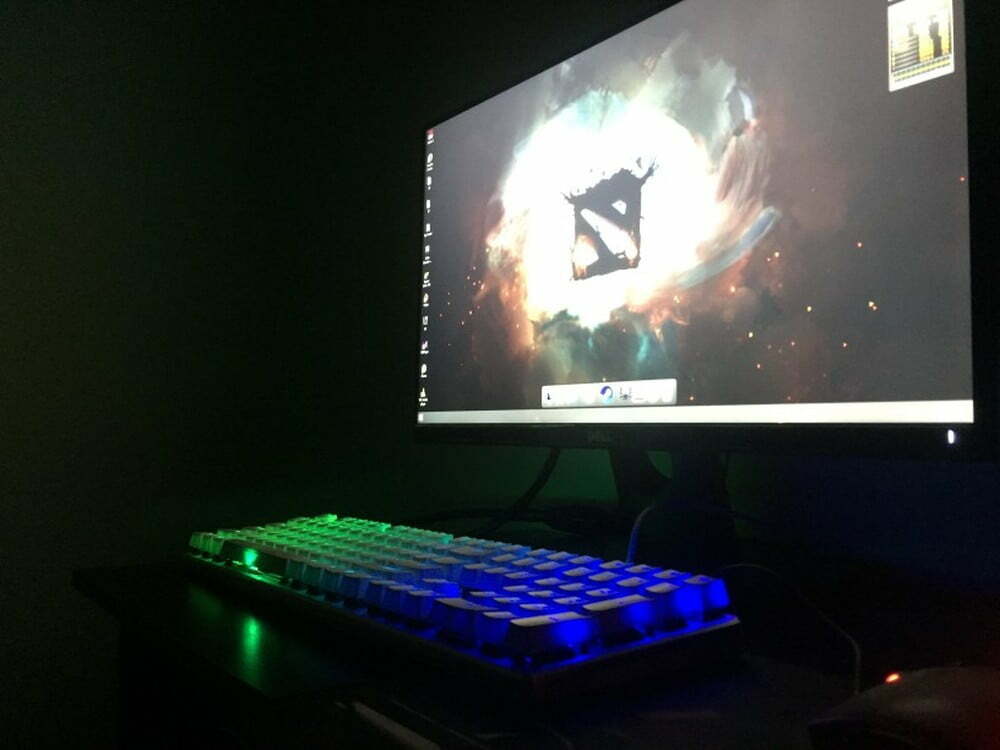

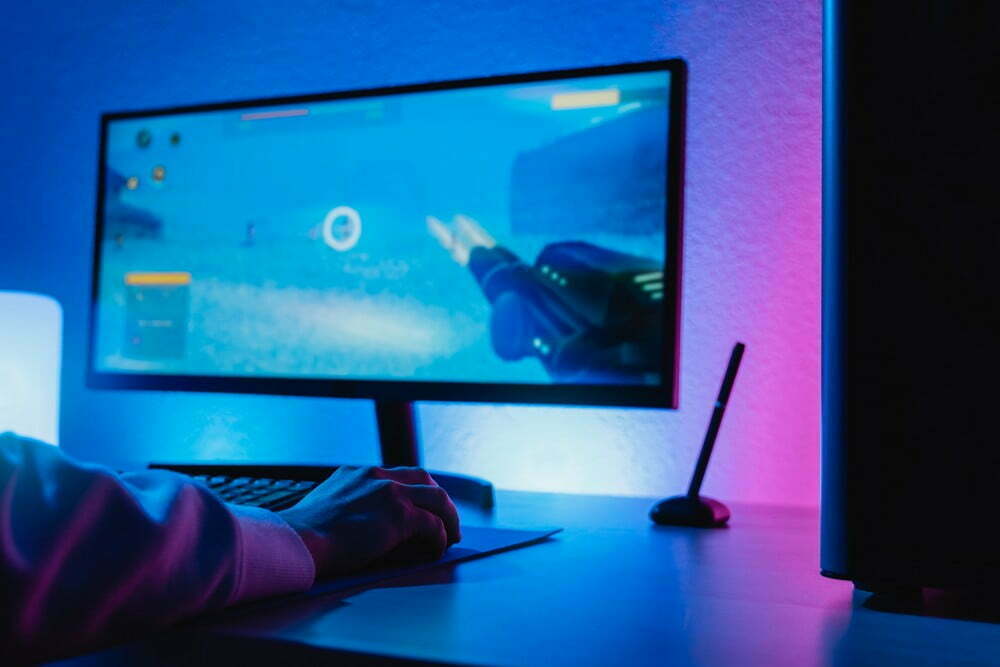
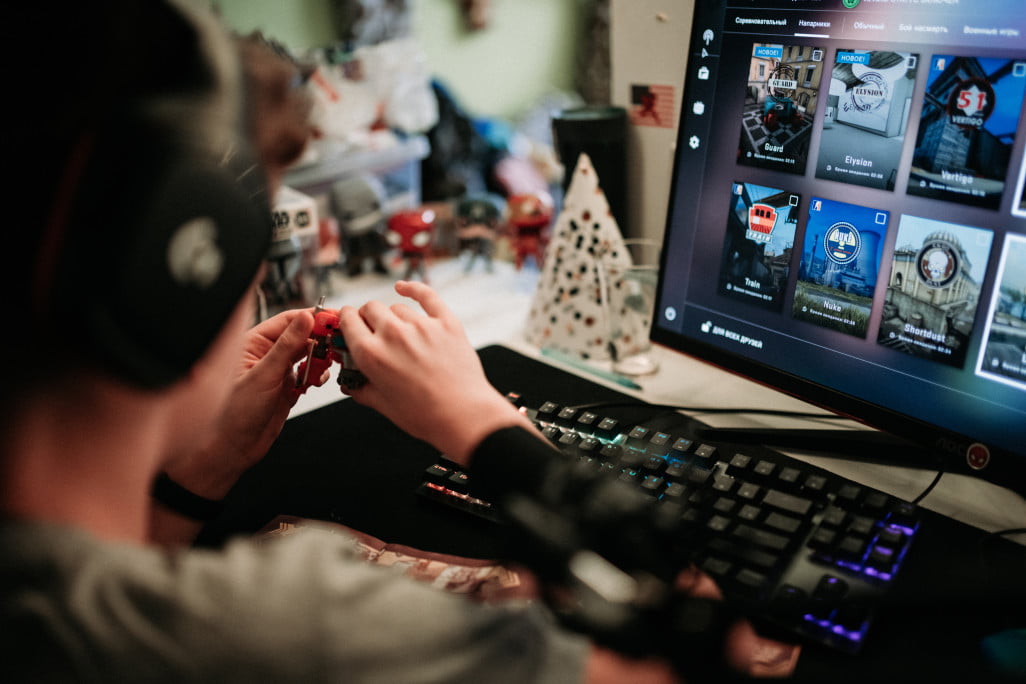
![Best 27 Inch Computer Monitor in [year] 27 Best 27 Inch Computer Monitor in 2026](https://www.gadgetreview.dev/wp-content/uploads/how-to-buy-the-best-computer-monitor.jpg)
![Best BenQ Monitors in [year] 28 Best BenQ Monitors in 2026](https://www.gadgetreview.dev/wp-content/uploads/best-benq-monitor-image.jpg)
![Best ASUS Monitors in [year] 29 Best ASUS Monitors in 2026](https://www.gadgetreview.dev/wp-content/uploads/best-asus-monitor-image.jpg)
![Best Dell Monitors in [year] 30 Best Dell Monitors in 2026](https://www.gadgetreview.dev/wp-content/uploads/best-dell-monitor-image.jpg)
![Best HP Monitors in [year] 31 Best HP Monitors in 2026](https://www.gadgetreview.dev/wp-content/uploads/best-hp-monitor-image.jpg)
![Best Lenovo Monitors in [year] 32 Best Lenovo Monitors in 2026](https://www.gadgetreview.dev/wp-content/uploads/best-lenovo-monitor-image.jpg)
![Best ViewSonic Monitors in [year] 33 Best ViewSonic Monitors in 2026](https://www.gadgetreview.dev/wp-content/uploads/best-viewsonic-monitor-image.jpg)
![Best Gigabyte Monitors in [year] 34 Best Gigabyte Monitors in 2026](https://www.gadgetreview.dev/wp-content/uploads/best-gigabyte-monitor-image.jpg)
![Best Monitors for PS4 Pro Gaming in [year] 35 Best Monitors for PS4 Pro Gaming in 2026](https://www.gadgetreview.dev/wp-content/uploads/best-monitors-for-ps4-pro-image.jpg)
![Best Monitor for Xbox Series X in [year] 36 Best Monitor for Xbox Series X in 2026](https://www.gadgetreview.dev/wp-content/uploads/best-monitor-for-xbox-series-x-image.jpg)
![Best Acer Monitors in [year] 37 Best Acer Monitors in 2026](https://www.gadgetreview.dev/wp-content/uploads/best-acer-monitor-image.jpg)
![Best MSI Monitors in [year] 38 Best MSI Monitors in 2026](https://www.gadgetreview.dev/wp-content/uploads/best-msi-monitor-image.jpg)
![Best SAMSUNG Monitors in [year] 39 Best SAMSUNG Monitors in 2026](https://www.gadgetreview.dev/wp-content/uploads/best-samsung-monitor-image.jpg)
![Best LG Monitors in [year] 40 Best LG Monitors in 2026](https://www.gadgetreview.dev/wp-content/uploads/best-lg-monitor-image.jpg)
![Best AOC Monitors in [year] 41 Best AOC Monitors in 2026](https://www.gadgetreview.dev/wp-content/uploads/best-aoc-monitor-image.jpg)
![Best Philips Monitors in [year] 42 Best Philips Monitors in 2026](https://www.gadgetreview.dev/wp-content/uploads/best-philips-monitors-image.jpg)
![Best Monitors For PUBG in [year] 43 Best Monitors For PUBG in 2026](https://www.gadgetreview.dev/wp-content/uploads/best-monitor-for-pubg-image.jpg)
![Best Stream Decks in [year] 44 Best Stream Decks in 2026](https://www.gadgetreview.dev/wp-content/uploads/best-stream-deck-image.jpg)
![Best Monitors for Streaming in [year] 45 Best Monitors for Streaming in 2026](https://www.gadgetreview.dev/wp-content/uploads/best-monitor-for-streaming-image.jpg)
![Best Monitors For Flight Simulator in [year] 46 Best Monitors For Flight Simulator in 2026](https://www.gadgetreview.dev/wp-content/uploads/best-monitor-for-flight-simulator-image.jpg)

